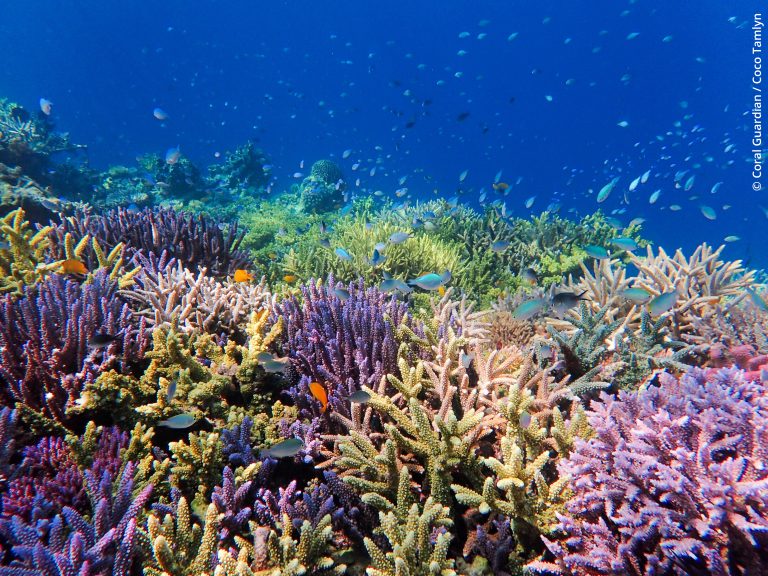
Are super-corals really a super solution ?
Written by: Richard Singhroy Acknowledgements to Dr. Emma Camp While reefs are adaptable ecosystems, they are struggling to adapt to the quick changes brought…
29 November 2022Data collection and innovation are at the heart of our approach.
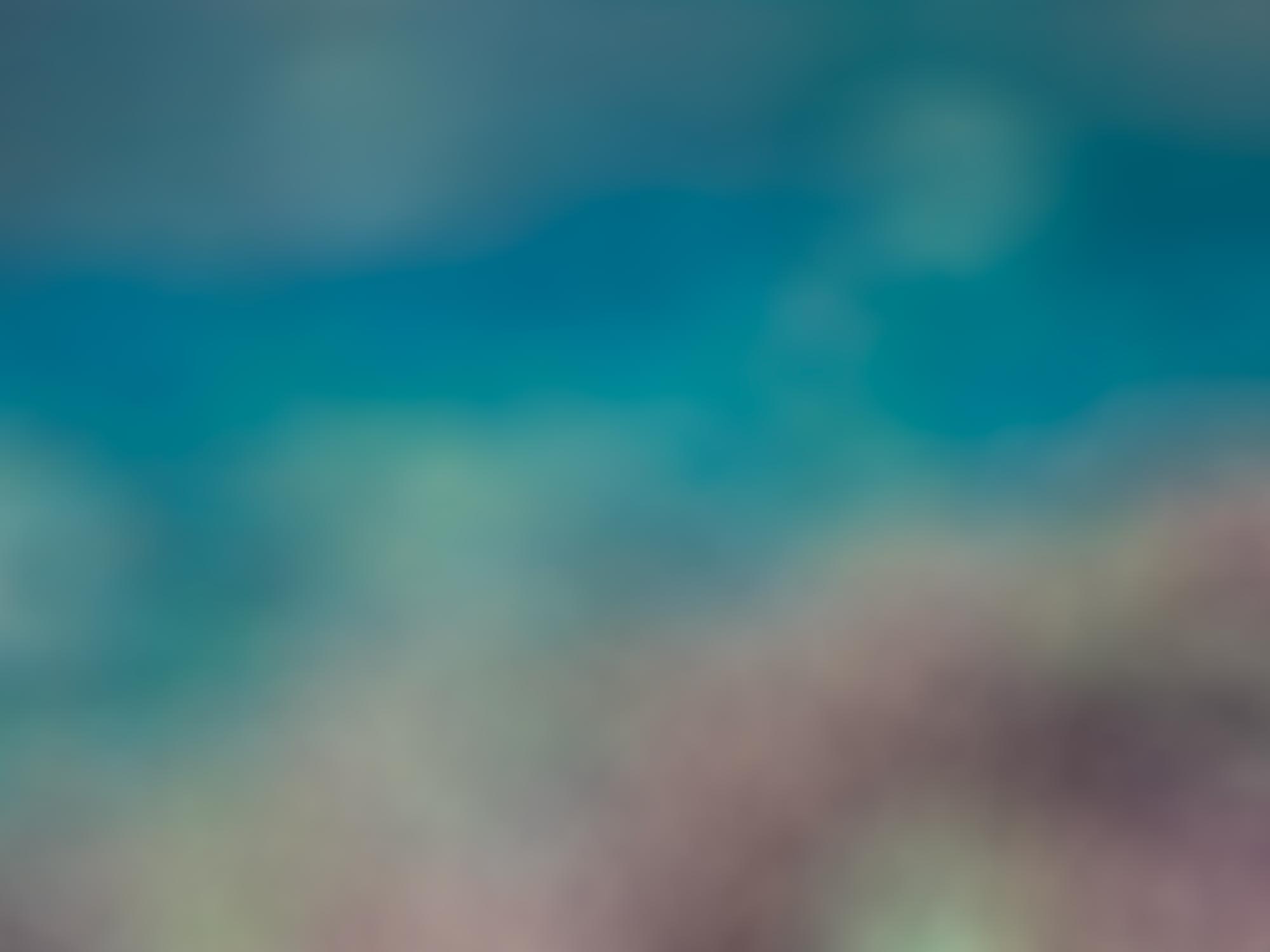
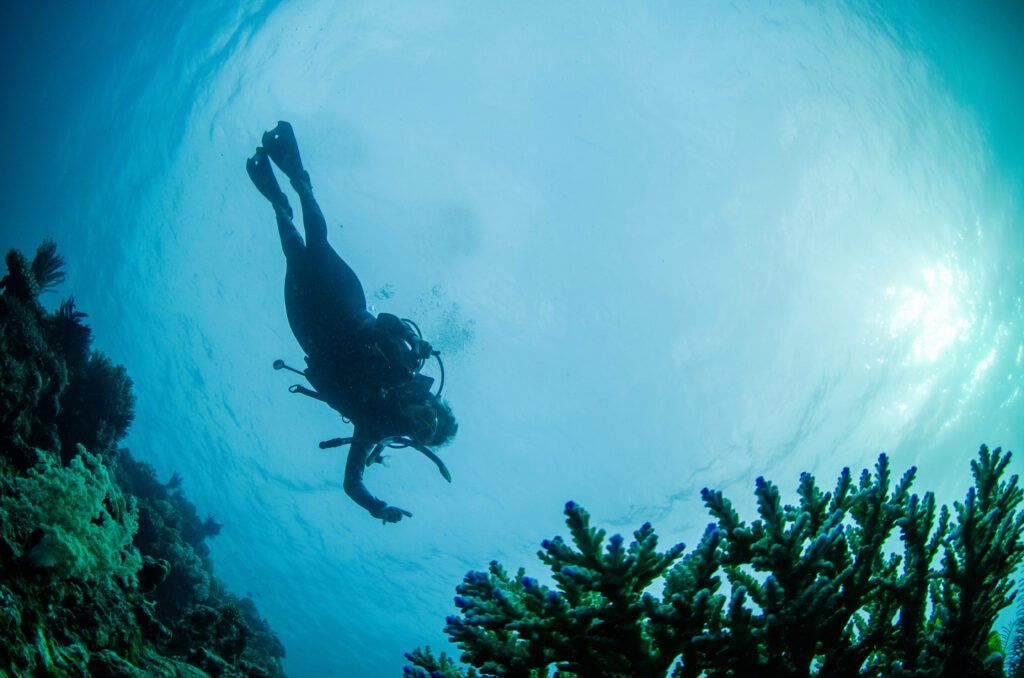
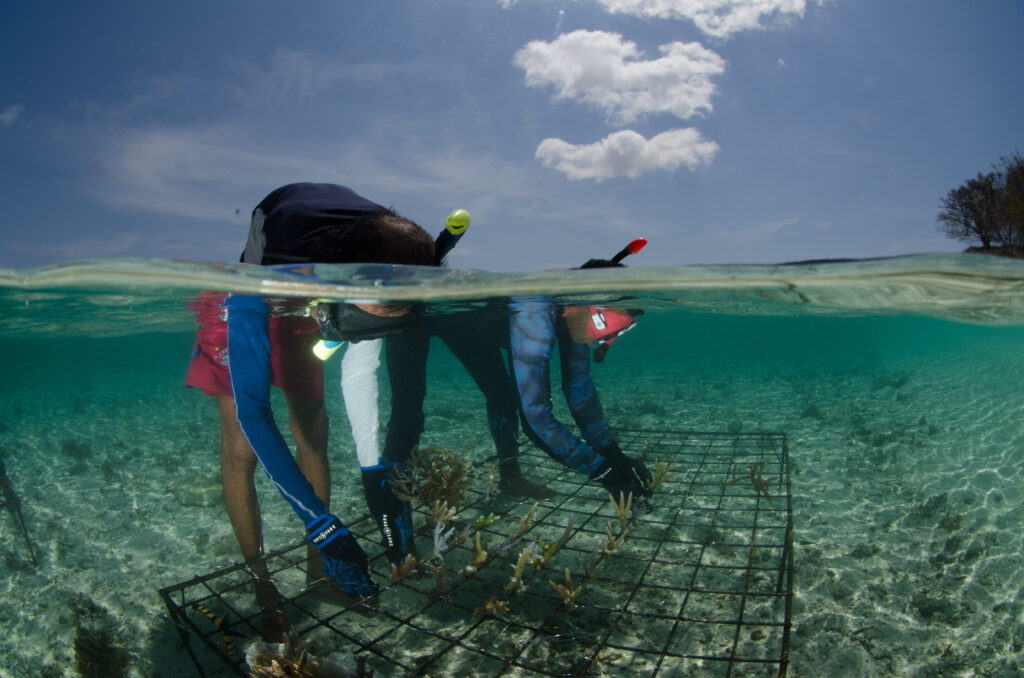
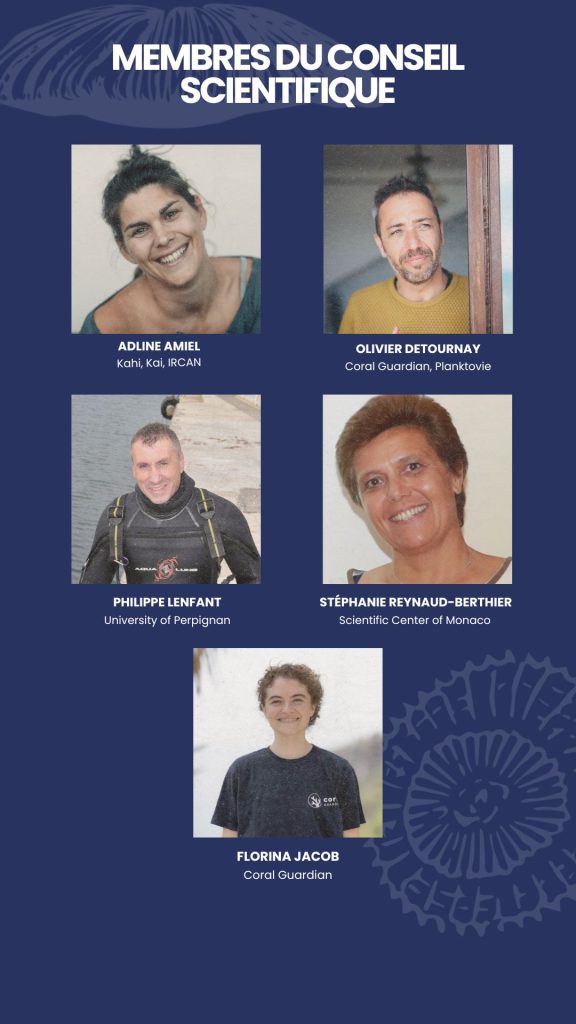
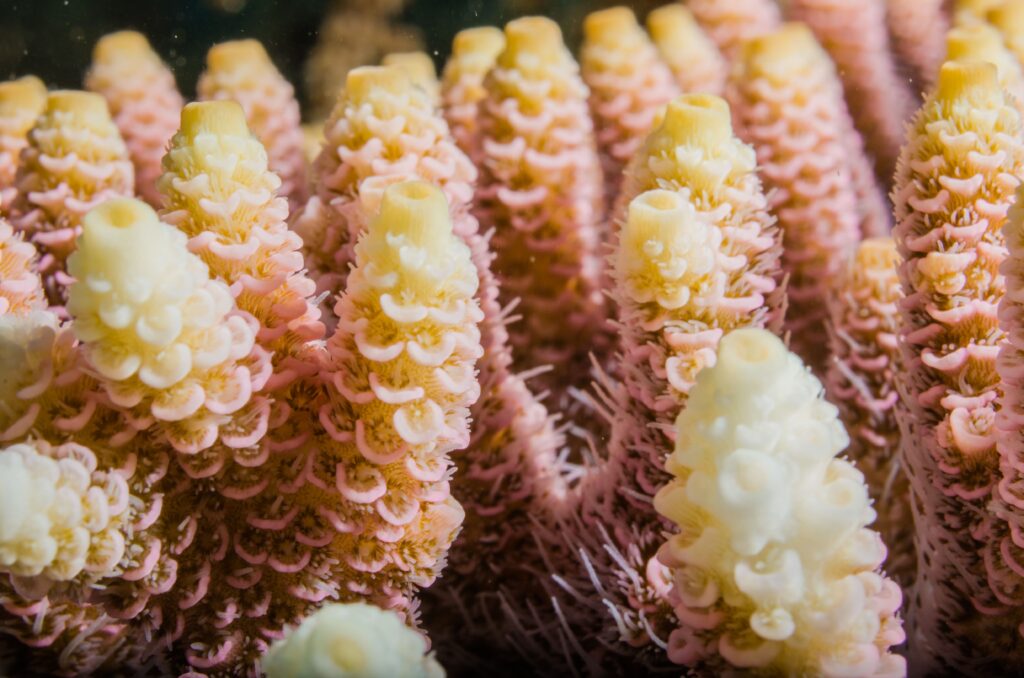
Coral Guardian analyzes scientific data from three specific areas of the marine protected area :

On the restored areas, namely Coeur de Corail (CC) and Terrasses de Corail (CT), a constant evolution is taking place since 2015 on the family diversity of fish.

In terms of the evolution of the number of fish species in the Coeur de Corail (CC) and Terrasses de Corail (CT) areas, there has been an average increase of 17.5% since 2018.
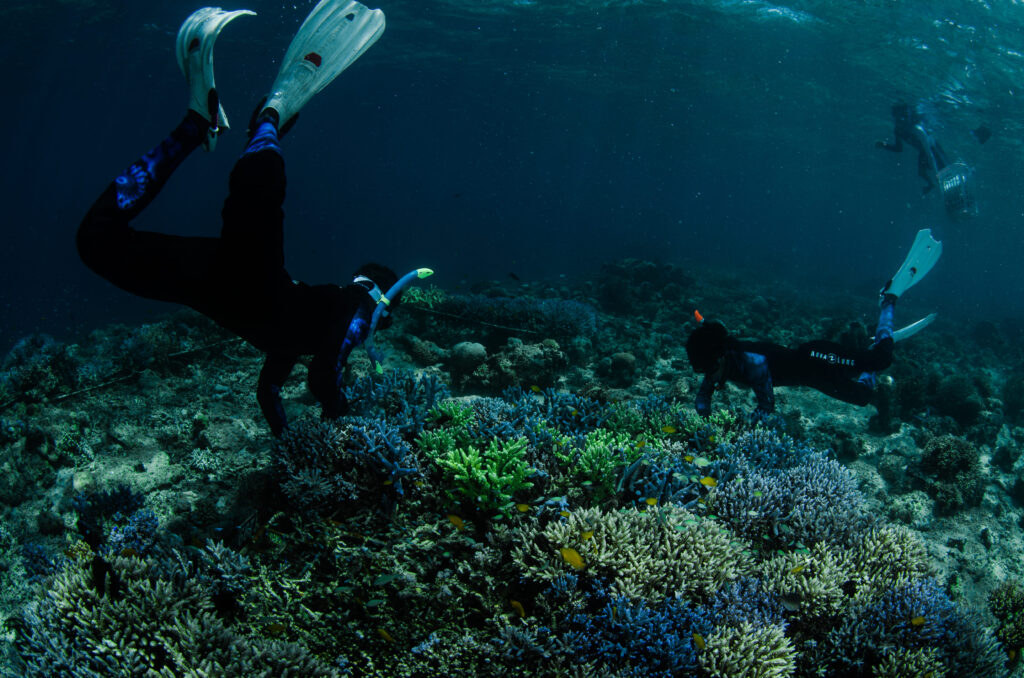
Every month, we analyze the growth, mortality and bleaching rates of corals present on our marine protected area.
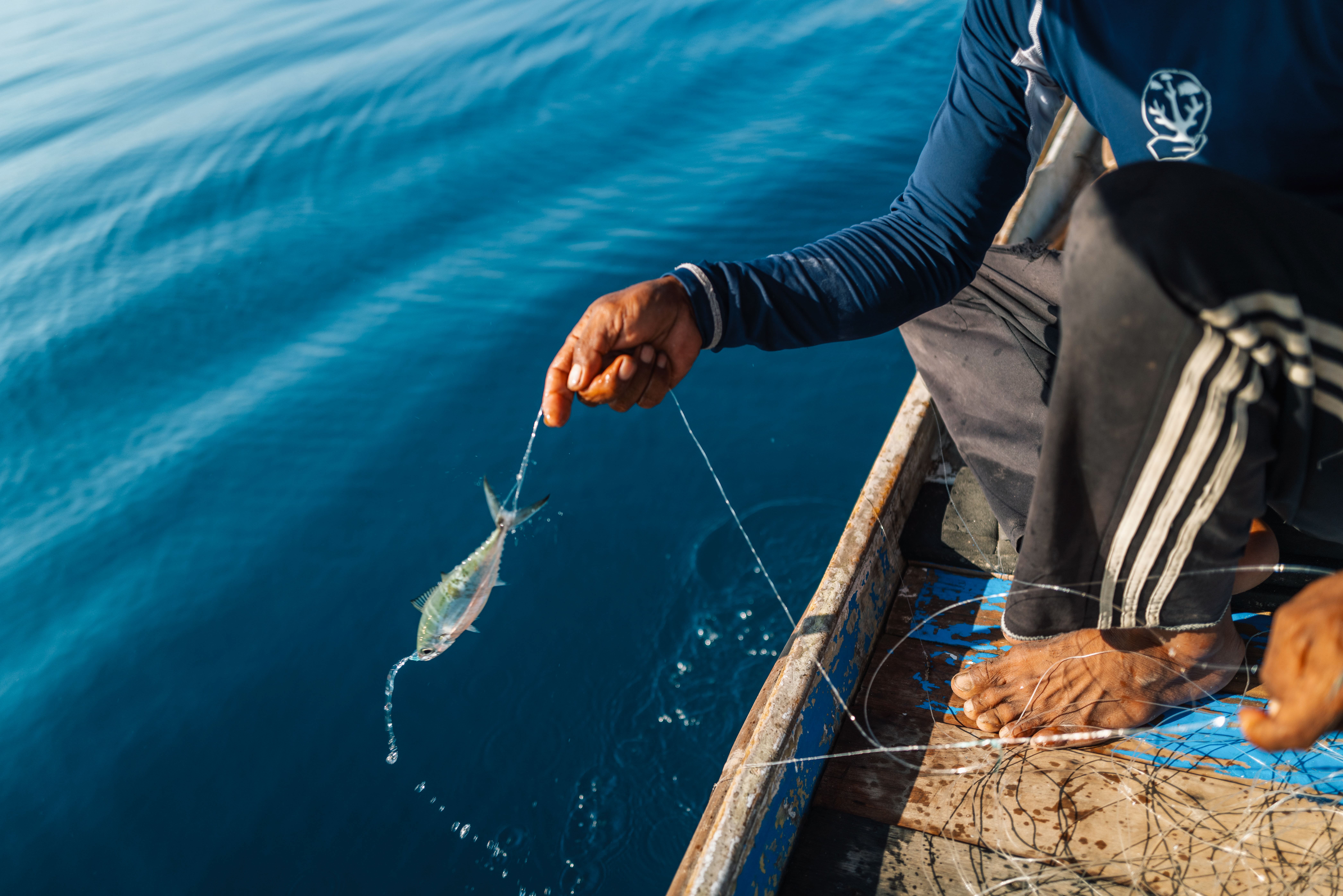
In order to better monitor the impacts of the coral restoration project on the island of Hatamin, on the surrounding area, and more precisely on the life of the villagers of Seraya Besar, we set up a social monitoring system from the beginning of the project, in 2015.
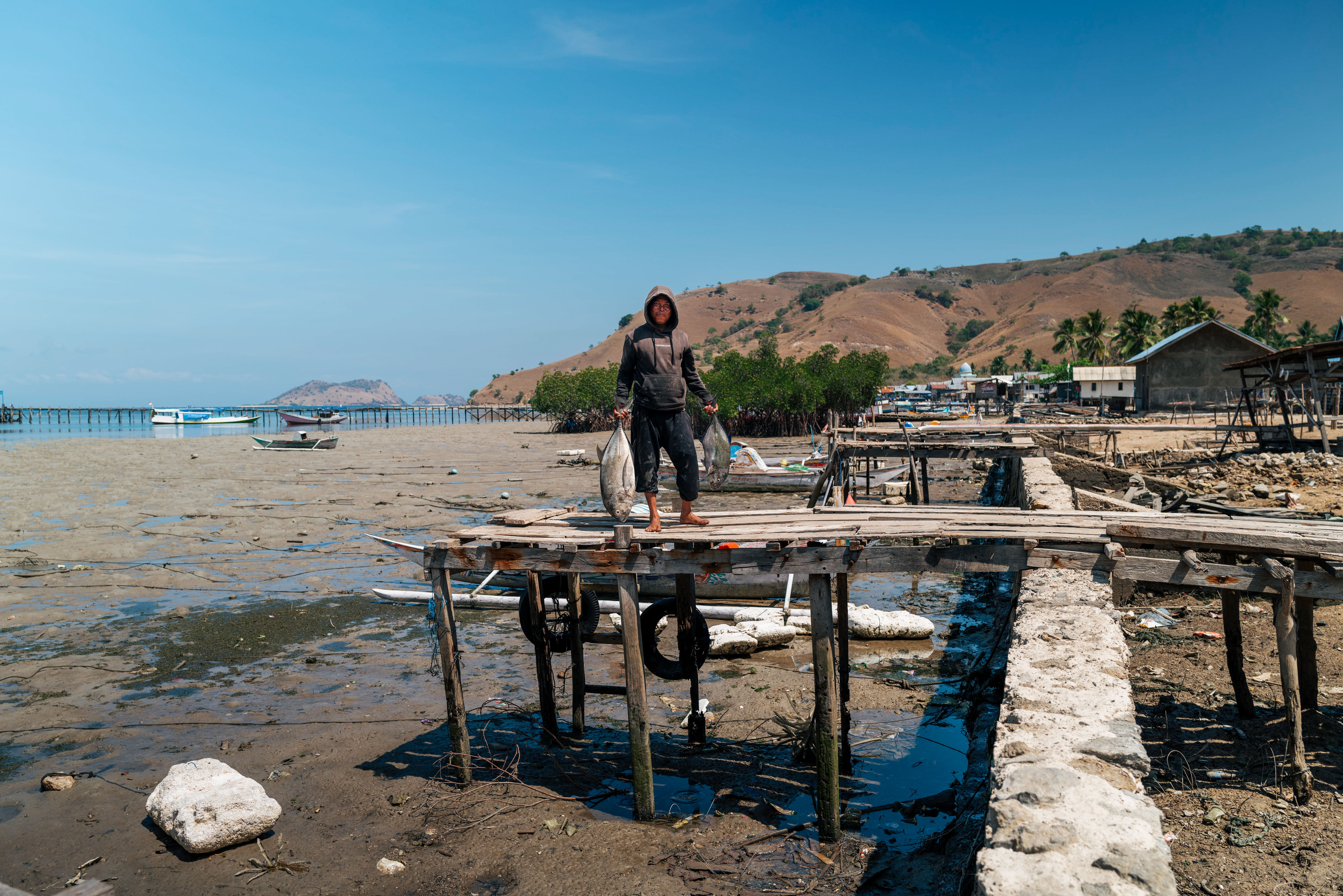
Each month, we interview 10 fishermen from the village about their fishing habits and their family’s eating habits. This provides a more global view of the impact of our restoration actions on the management of fishing stocks and their evolution.
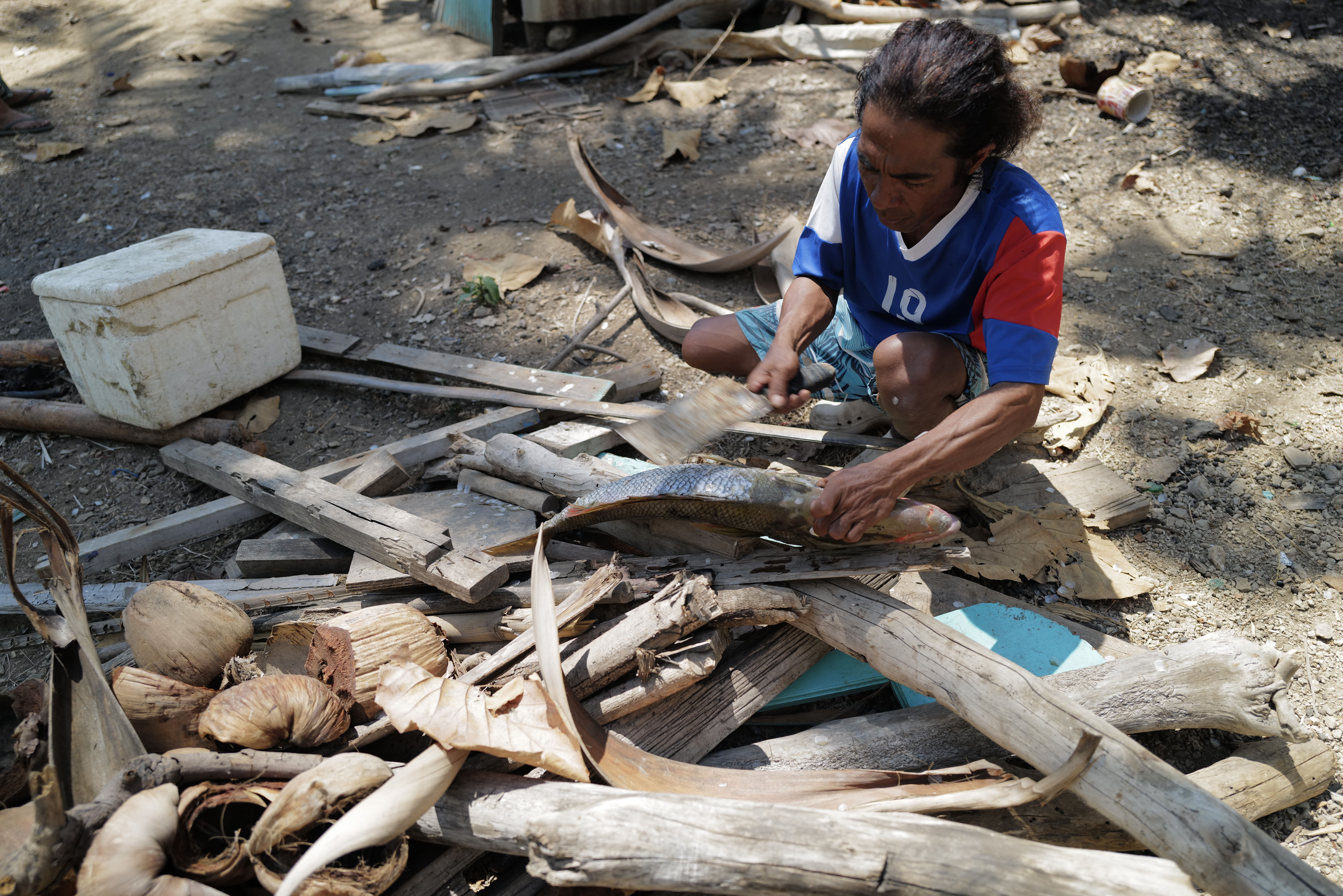
We regularly analyze the data collected since 2015 in order to allow the local team to concretely show the value of this type of conservation program to the villagers of Seraya Besar and then to extend this model to other neighboring islands.
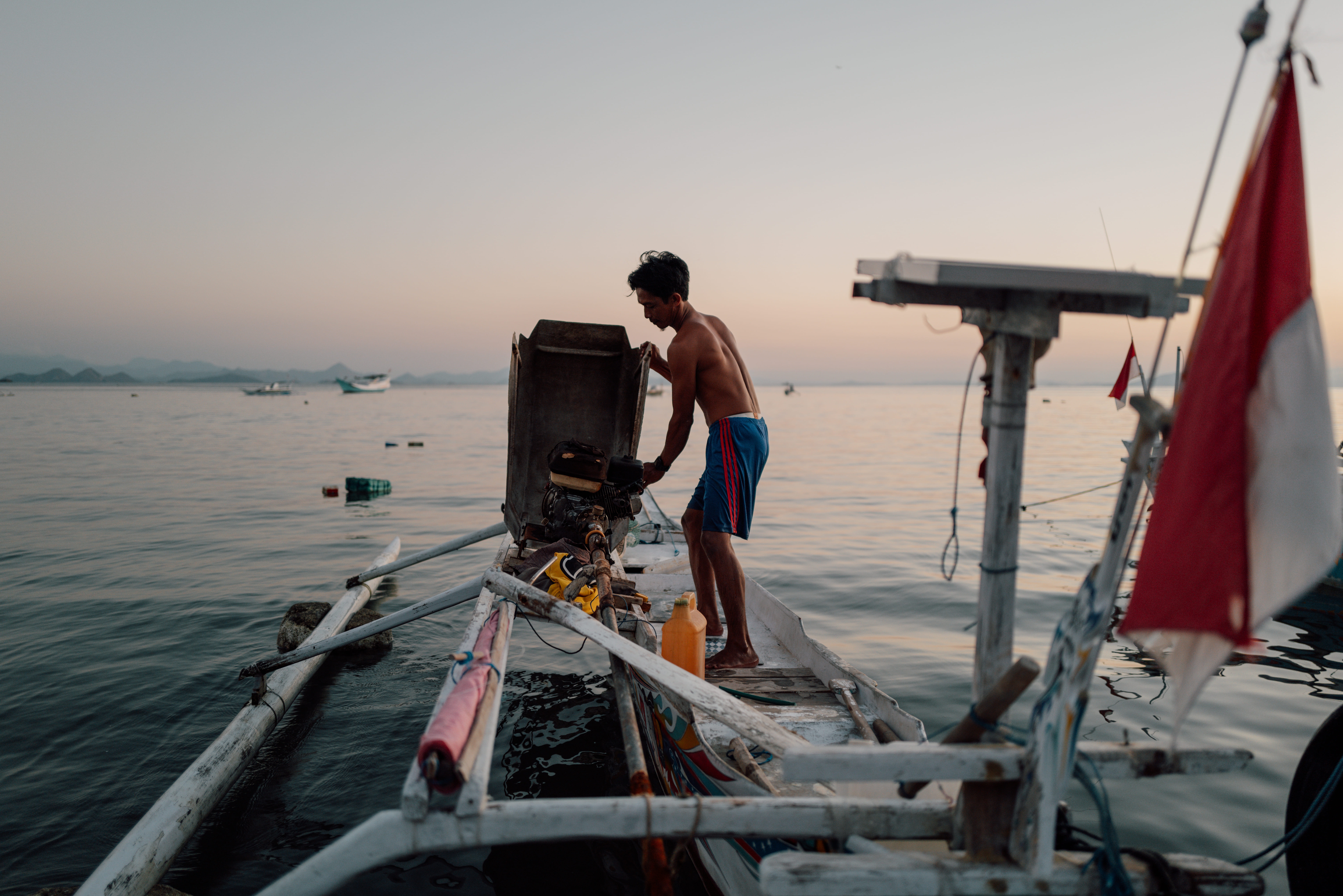
Fishermen themselves have reported a better fishing rate, with larger species, since 2017. They now fish closer to the village, thus taking fewer risks than before to find fish. These concrete results will allow us to raise awareness among a large number of people in the region.


Written by: Richard Singhroy Acknowledgements to Dr. Emma Camp While reefs are adaptable ecosystems, they are struggling to adapt to the quick changes brought…
29 November 2022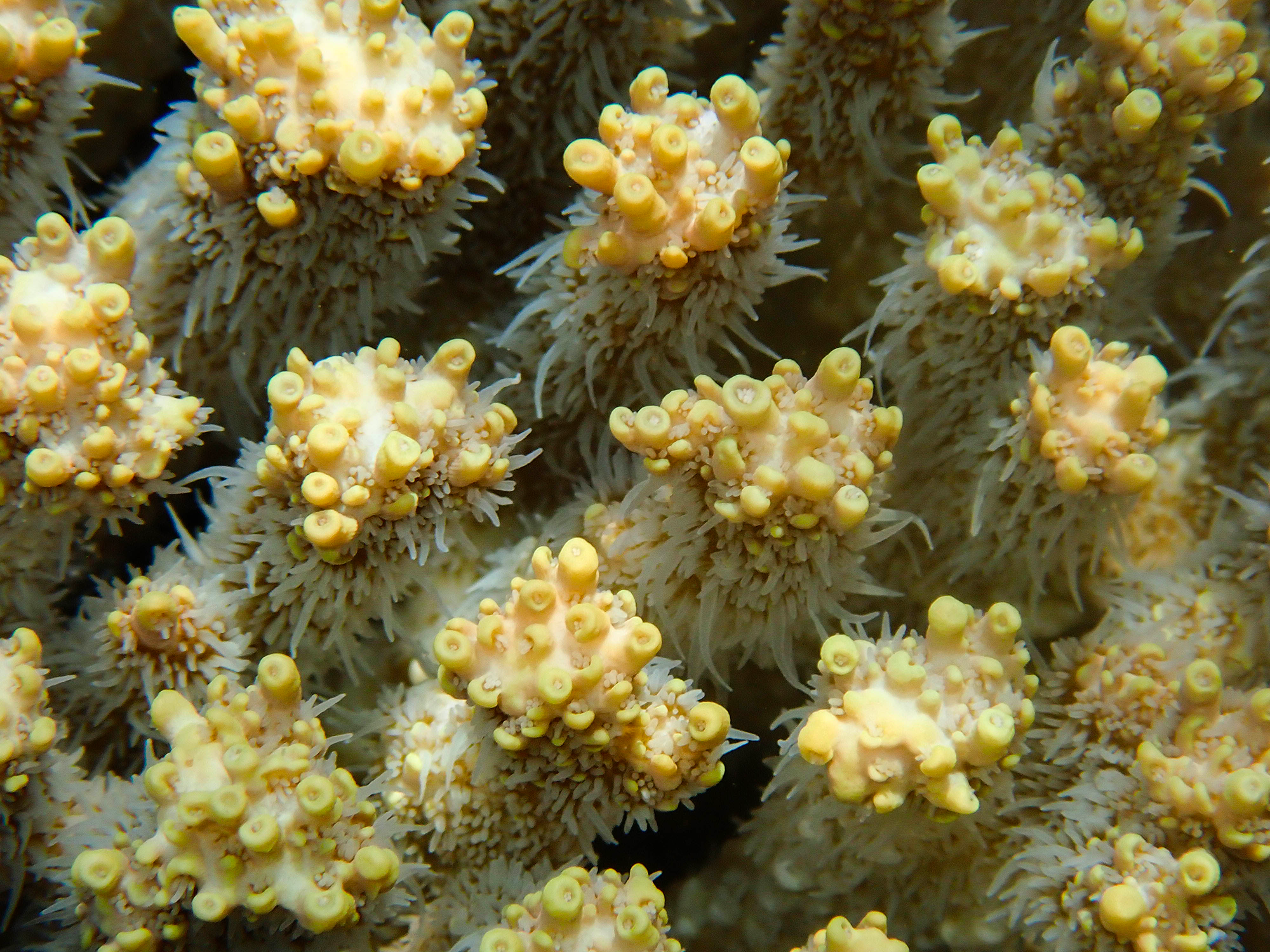
Written by: Richard Singhroy Acknowledgement to Dr. Emma Camp From the deep sea to the arctic frontier and tropical coastlines, corals have formed the…
22 September 2022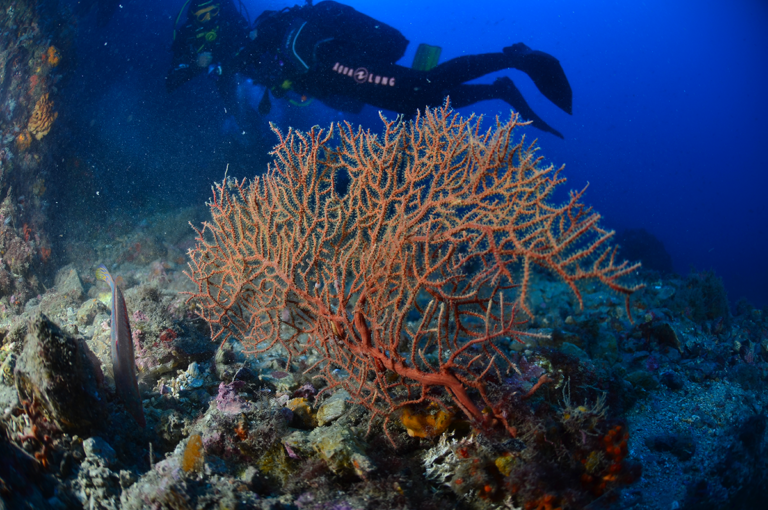
Written by: Vincent Diringer Acknowledgments to Joaquim Garrabou When it comes to rising sea temperatures and its effect on marine biodiversity, Australia’s Great Barrier…
24 August 2022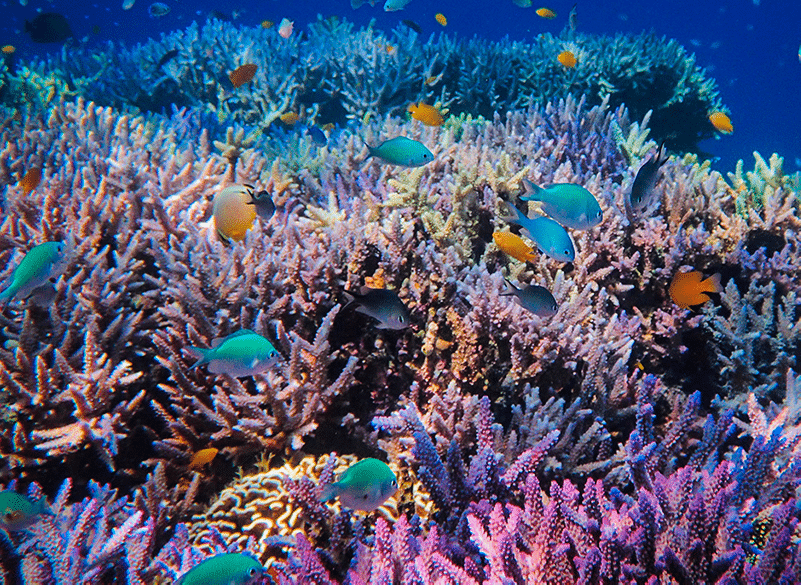
Written by Jeanne Kault, Florina Jacob and Olivier Detournay. Acknowledgments to Eric Röttinger. Coral reefs cover an area of 284,300 km2 (Spalding et al.,…
21 February 2022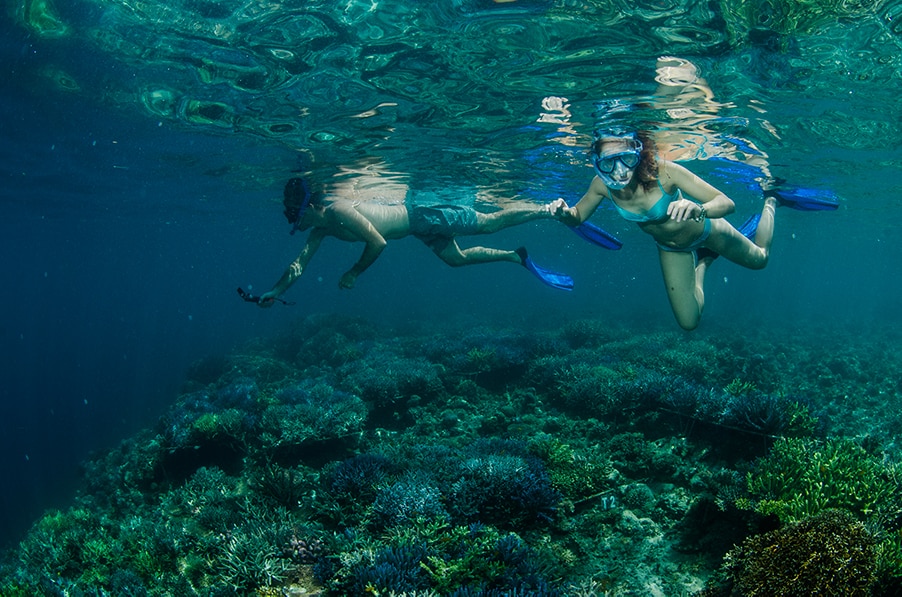
Around the world, coral reefs are facing a degradation driven by global and local human-derived pressures including climate change, coastal development, pollution, amongst others. In…
31 March 2021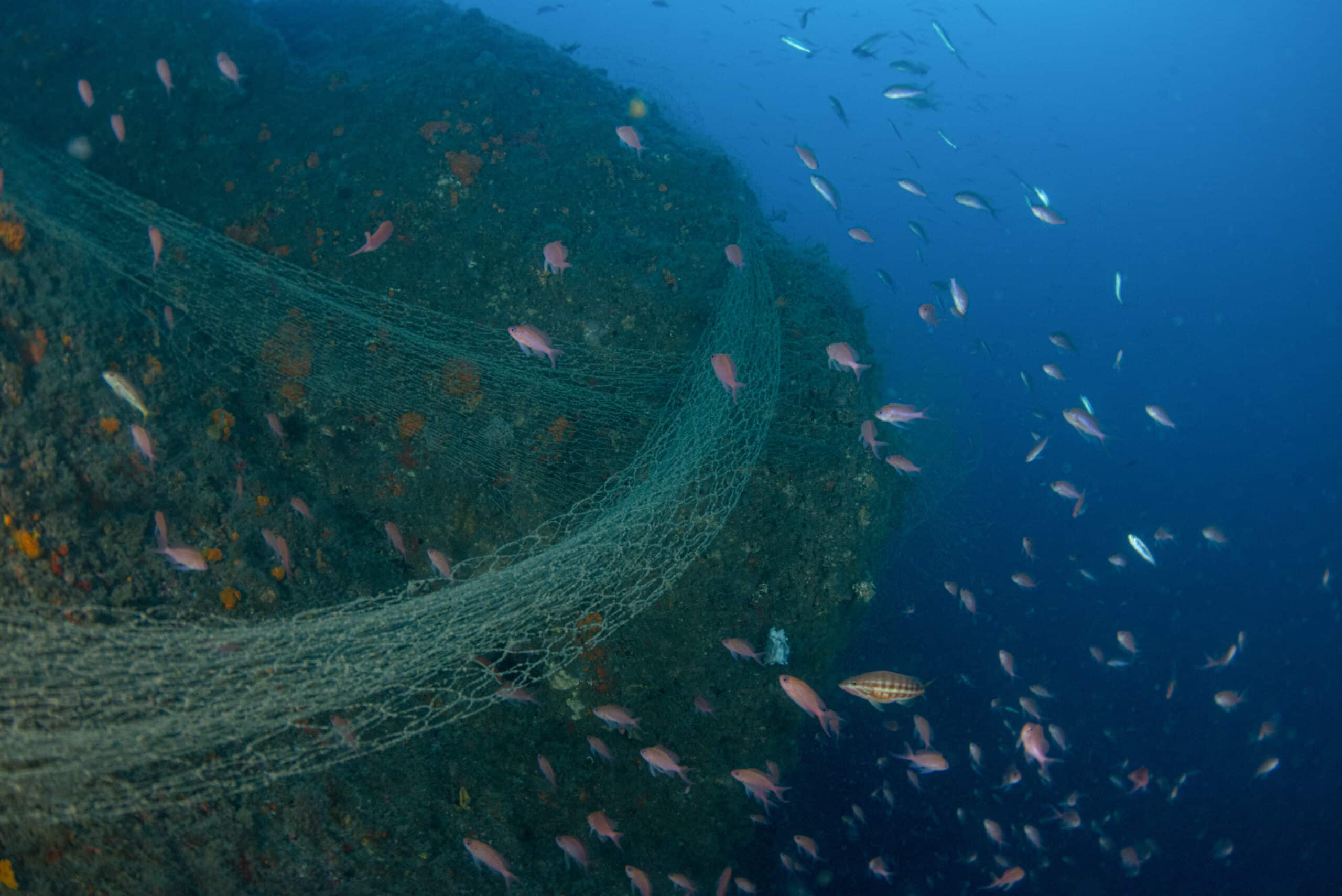
Written by Coralie Barrier and Florina Jacob. Acknowledgements to Leïla Ezzat. Macro and microplastics represent a real threat to the oceans and associated organisms….
25 April 2022